Cultivate Workspace Wellness with Proactive Workplaces
Mental health touches every part of our lives. Whether we like it or not, struggles from our personal lives can spill over into our work and in the same way, stress from work can lead to stress in our personal lives. Our jobs have such an impact on our mental health, but starting those conversations at the workplace can be difficult.
Hope for the Day’s Proactive Workplaces program works with companies and organizations who want to place a focus on workplace wellness. This mental health education is open to any workspace and is uniquely tailored to each organization to meet their specific needs.
“Hope for the Day and our instructors, we are trained to have those uncomfortable conversations to, in turn, make people see how they're really only uncomfortable the first time you have them,” Tyler Wagner, a Manager of Partnership and Development at Hope for the Day, said. “Once you have them over and over again,…it just becomes routine. And then it can really be built into the culture that you work in.”
Discussions about mental health can be built into the workplace, but sometimes that takes time. This is because the stigma surrounding mental health is especially prevalent at work.
According to Greg Marquis, Proactive Workplaces Instructor, the stigma makes opening up about mental health struggles intimidating.
“It can be sometimes difficult to start these conversations … because there is a fear sometimes of being perceived as weak or unreliable or a fear of saying the wrong thing,” Marquis said.
These are all valid and real concerns. The stigma around mental health challenges can make it seem like someone who is struggling is unproductive. It can make it seem like someone who takes a mental health day is not doing enough. These are false assumptions, but the fear of being seen in this way can be enough to keep people silent.
Part of the reason for these stigmas is the pressures that come with a job.
“Work has so many layers of social and professional responsibilities and dynamics that it's often a place where there's a lot riding on how things go at work — it's your livelihood,” Marquis said. “We have to remember that the bottom line and all those things that we think are so necessary are still going to suffer if the individuals are suffering.”
As stated earlier, mental health affects everything. Those struggling personally, may find it difficult to focus on work. This doesn’t make them a bad worker, it just makes them human. This is why it’s meaningful to have a spotlight on mental health in the workplace.
It’s vital to feel comfortable at the place where you spend 40 hours or more of your week.
To create the most impactful experience for each organization or company, Hope for the Day customizes the education for each workplace and is offered either in-person or on Zoom to fit with a variety of workplaces.
A main component of this customization is researching industry-specific stigmas to better understand what the staff at each workplace is facing.
Apoorva Katikaneni, a Manager of Partnership and Development at Hope for the Day, gave the example of seeing a lot of empathy fatigue in non-profit organizations. She said people can feel like, “we are always trying to help people, but there's nobody to help me.”
Hope for the Day seeks to let people know that there are always resources available when they need them.
We work collaboratively with the organization or company to understand what benefits are available to their employees. The information is presented in a way that’s digestible so employees can leave with a better understanding of the programs and services that are at their disposal.
According to Katikaneni, the goal is “ensuring that here you are equipped with all the resources that you need to be able to support your team and your peers at work.”
Being open and honest about mental health in the workplace can improve retention, recruitment and the overall employee experience. Open and honest conversations can also help build up the community.
For Proactive Workplaces Instructor Courtney Klimson, the community in the workplace is the biggest difference between our general The Things We Don’t Say programming and Proactive Workplaces programming.
“When [the Things We Don’t Say | Part 1] is over, that community that you were just with disappears — it doesn't exist anymore,” Klimson said. “[With Proactive Workplaces], these people are going to be in each other's lives indefinitely until somebody quits.”
Building that trust between employees can improve teamwork and when employees benefit, workplaces benefit.
All workers deserve to feel respected, cared for, and simply like people while they’re at work, according to Wagner.
“If people feel like they can be humans and if they feel like they can be safe there, that is something you can't buy,” Wagner said.
Hope for the Day’s Proactive Workplaces program helps to make that a reality in every workplace we encounter.
“It feels like we're planting a little bit of a seed of hope that there are people within their organization that do understand them, and there are safe places they can go and safe people they can speak to, and there's people who care,” Klimson said.

